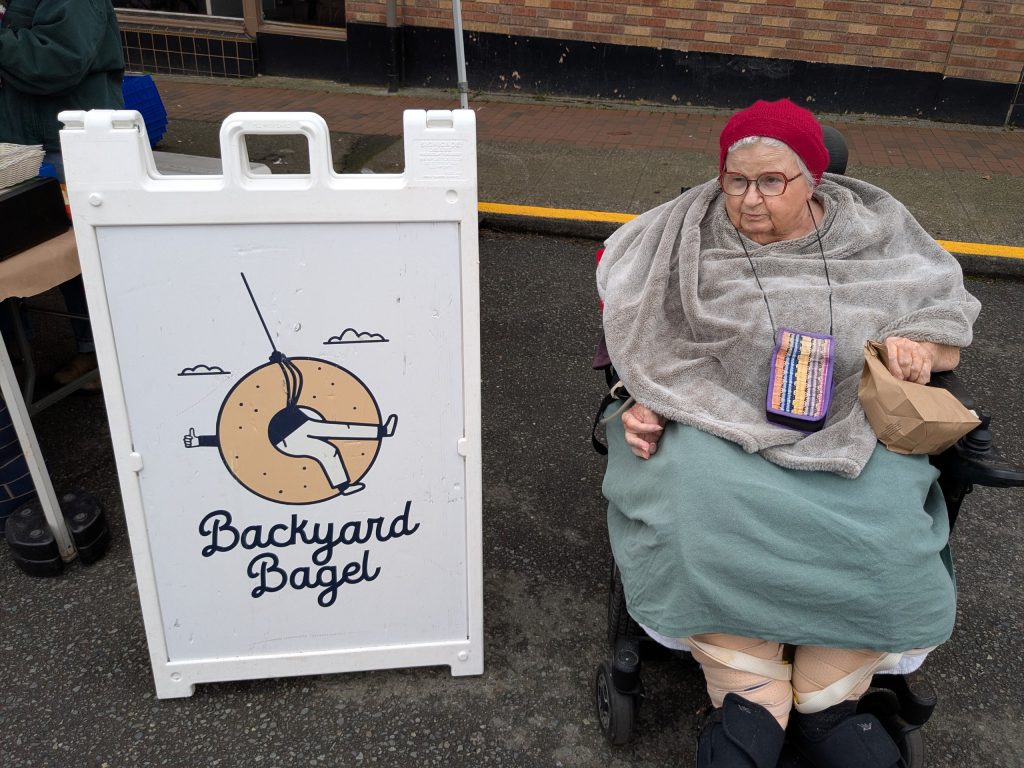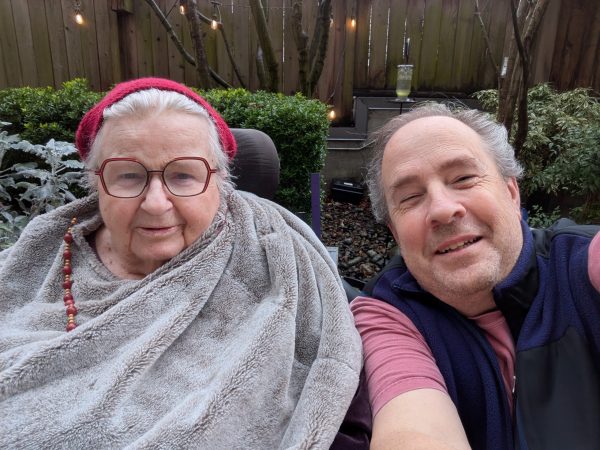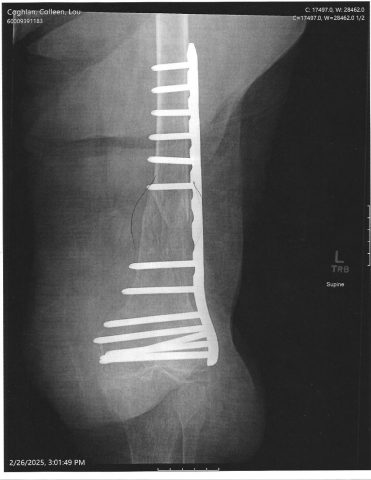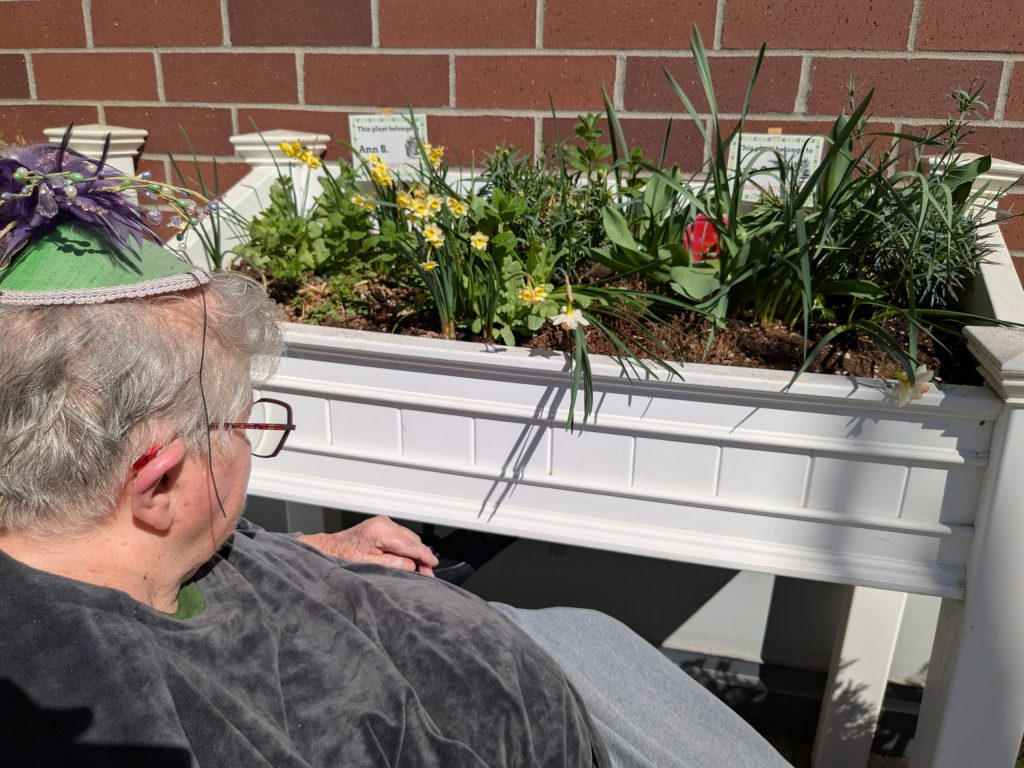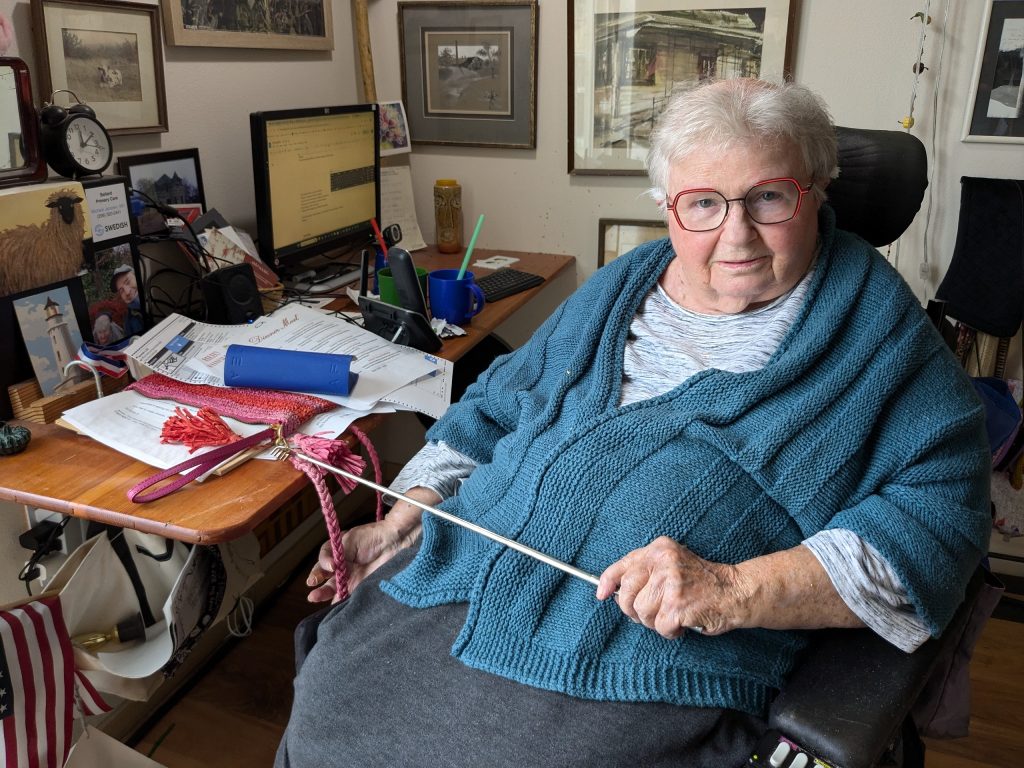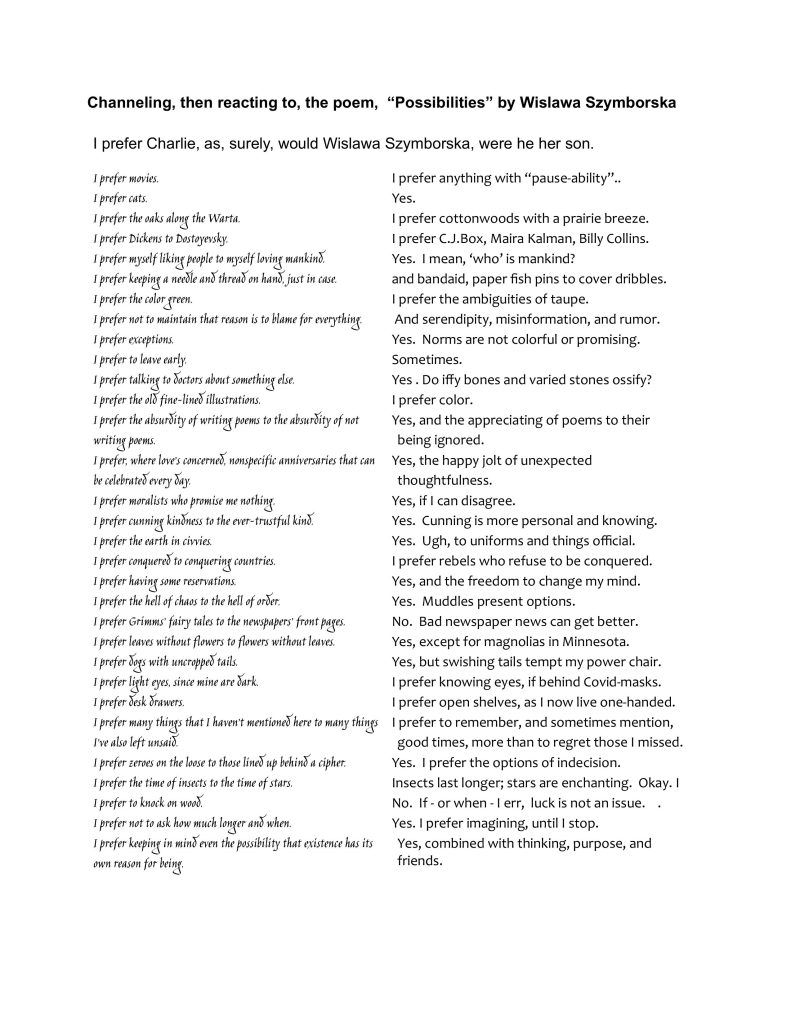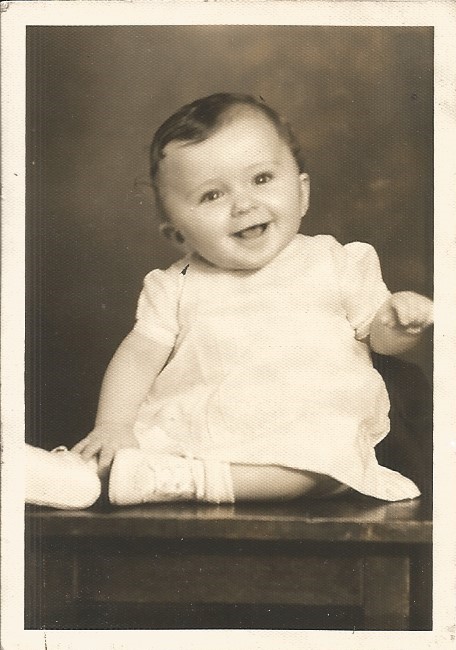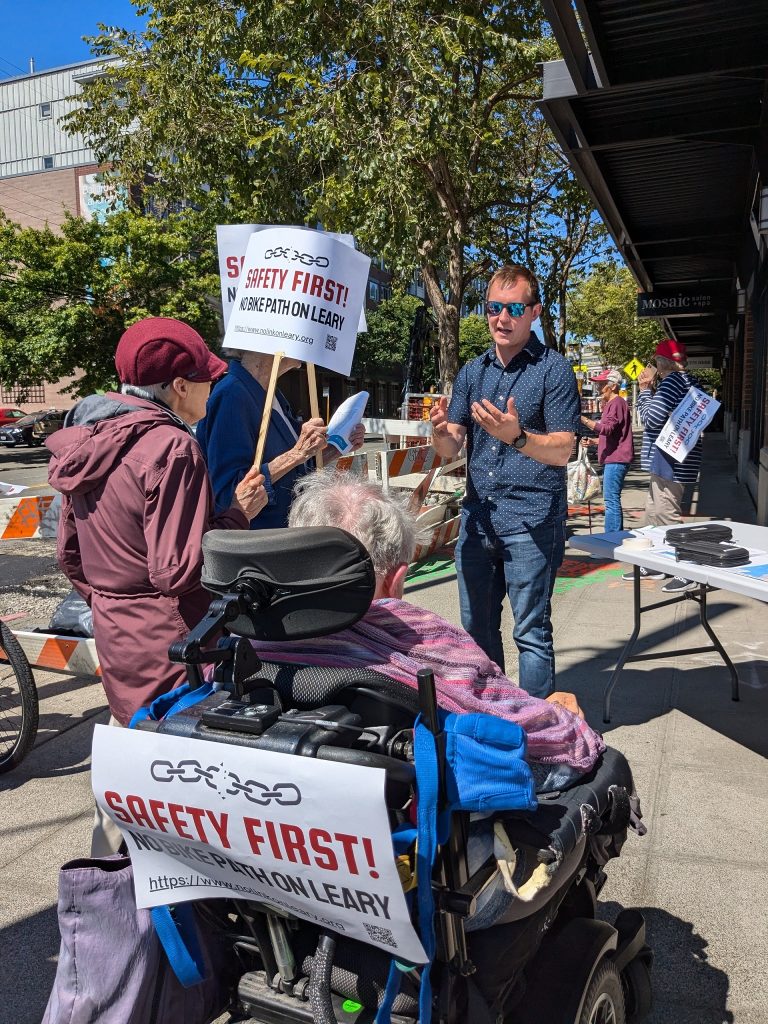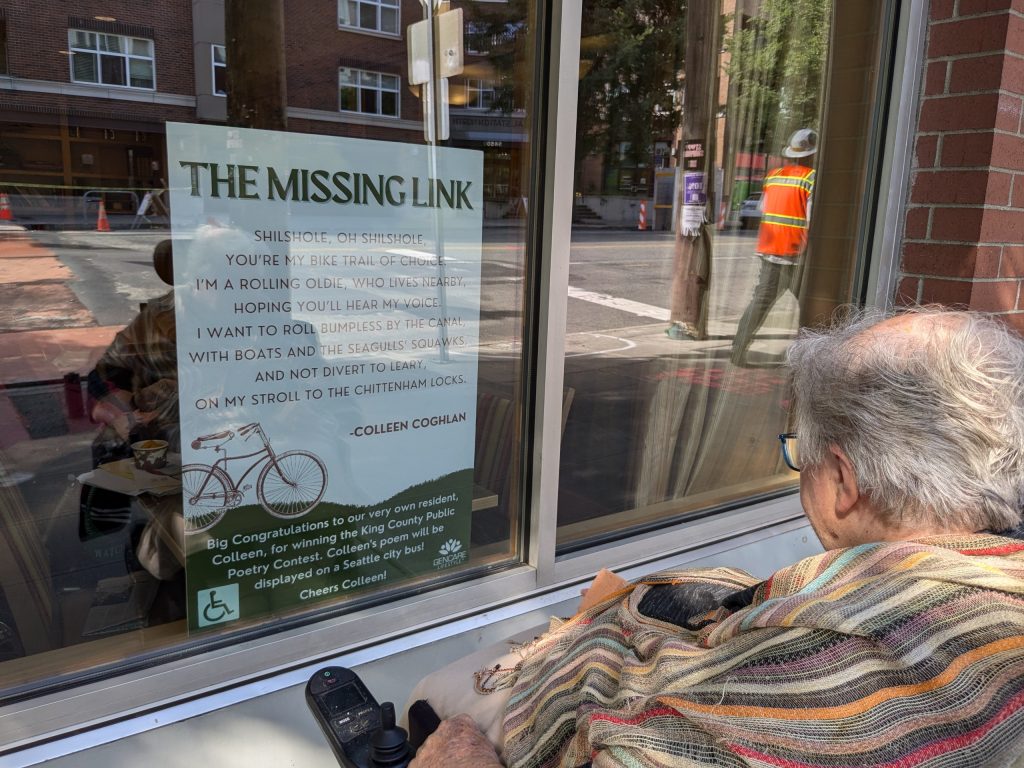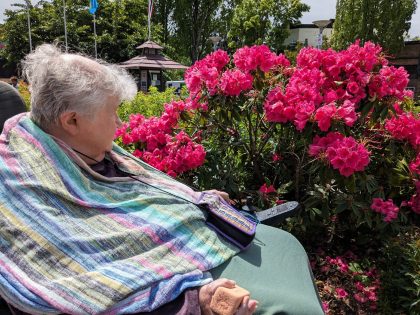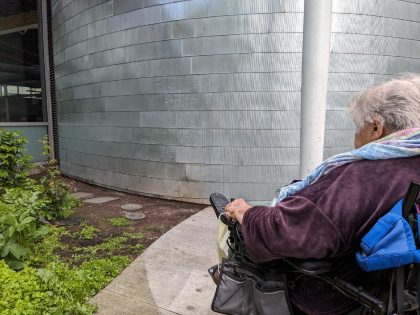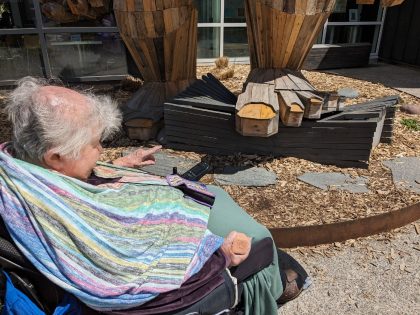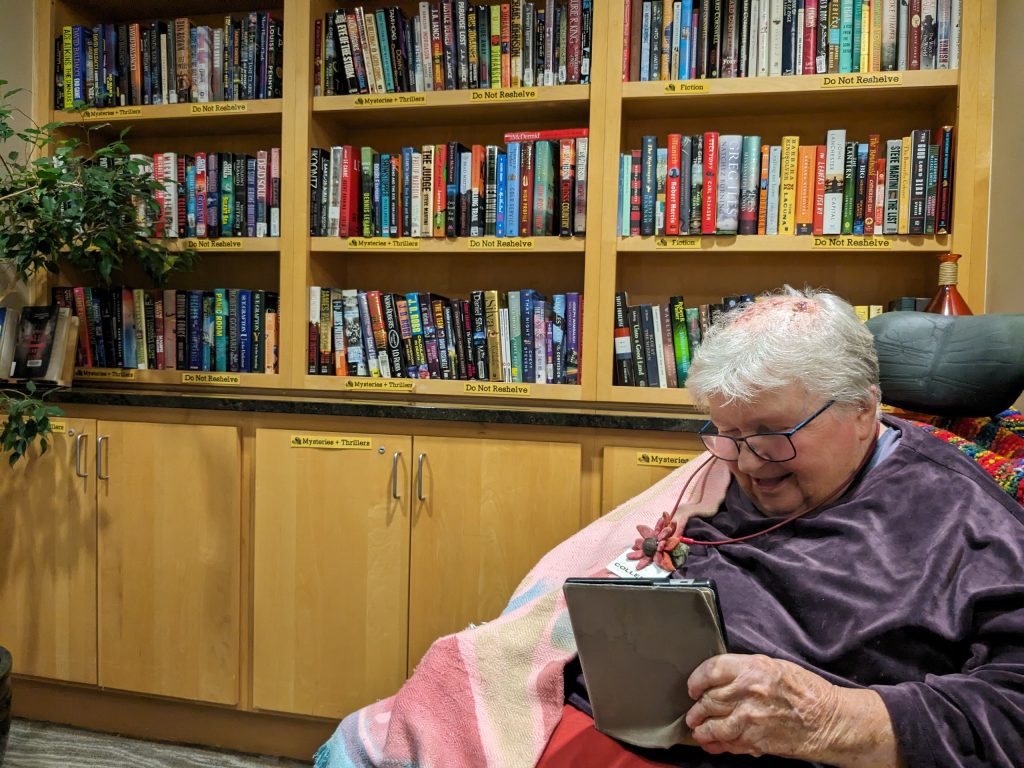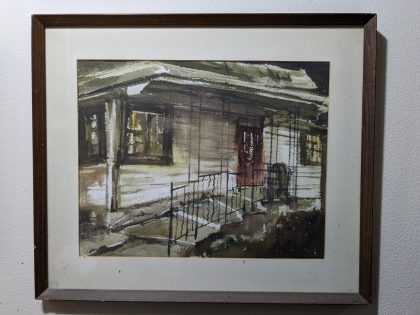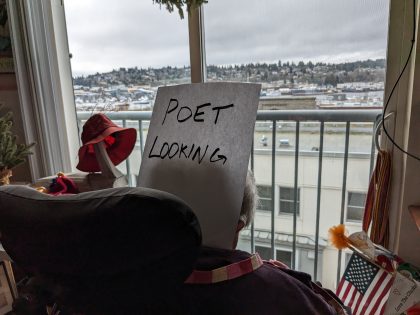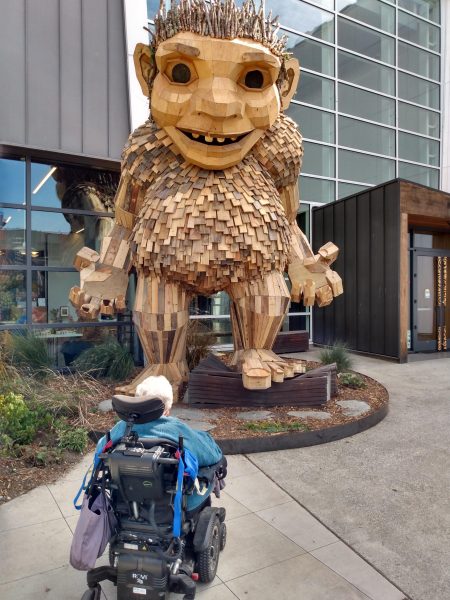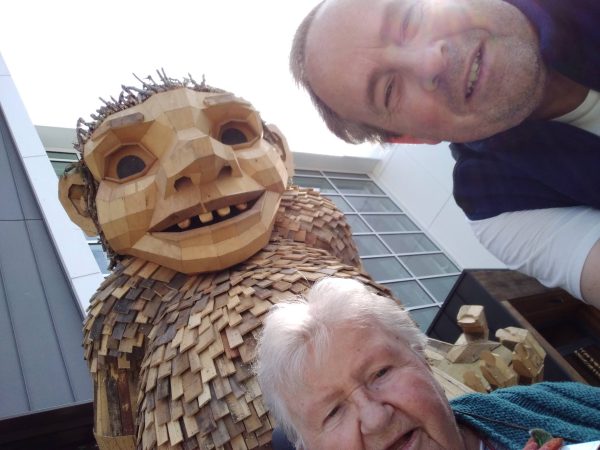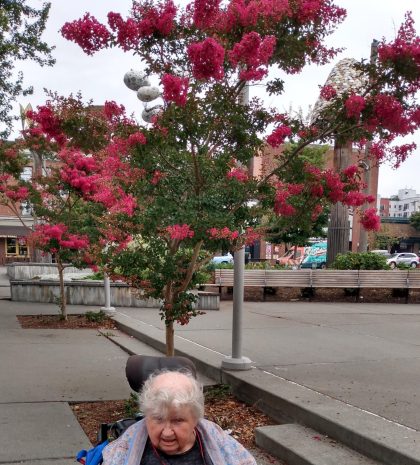THOUGHTS WHILE DAILY LIVING
I sit, VERY CAREFULLY, in my wheelchair 24/7, with a busy mind; my body, not so much. I mostly think about adapting, which I believe is the key to living longer and well, even though details change as I keep thinking about them. And I think about Charlie, who makes it all possible. I have a good time.
Charlie is a godsend. And, no, he is not available for adoption.
Adapting is making do with what you have.
I have 50 years and counting of adapting to become an able, if increasingly immobile, lefty. I won’t ever be entirely the same as I was, but then none of us ever is. If, and with Charlie’s help, I figure out how to change my ways to still be able do the things I think are important, I will have adapted and be called resilient. But adapting comes before, and leads to, resilience.
I have finally found an ally in Dr. Bruce Leff, a gerontologist, who says:
“Resilience is a popular term among doctors, who urge their patients to stay tough through discomfort or unpleasantness until things return to normal. Now [that he’s getting older] he’s come to see adaptation — adjusting and accepting what life throws your way — as equally important[as resilience].”
O HAPPY DAY! A like mind! This is a little exciting. Charlie says I shouldn’t break my arm patting myself on my back. “Tsk,” I say.
The struggles of adapting can be a plus.
Maybe equally exciting in our daily struggles is finding mathematician Eugenia Chen, who uses metrics to conclude:
“Math teaches us…[to carefully define] the metrics we use to measure how far people have come, [the support they had or the obstructions they faced], and thus how far they have the potential to go.”
Clearly, the struggles of successfully adapting make us potentially prime prospects for whatever comes next, including, but not limited to, our place in line at the golden gates.
‘Adapters’ are a coming attraction.
The widely-worked NYTimes crossword puzzle sought the answer “autodidact” (self-taught learner), to the clue “a library regular, perhaps”. And, perhaps, we adapters and advantaged lot of life-long library users have also become autodidacts, who, with more options, are better able to adapt to today’s world of lies, deep fakes, and disinformation. [I got the crossword answer. Whew!] Clearly, ‘adapters’ may soon be an answer. Maybe the clue will be, “Make best use of the library to make changing situations better.”
PRIDE is adapting’s foe and should goeth before the fall, she said biblically and knowingly.
For 40+ years I walked increasingly awkwardly with a cane. Friends were taking bets on how many steps I would take before I fell. (I can distinctly hear Charlie saying this; he says I made it up.) I may have been a hazard, but I was going to walk, by God, or fall trying, which I often did. “Out, out, damn pride,” I finally decided. Looking like the old lady I was becoming at 78, I agreed to get a power wheel chair to be able to go rogue, take on the world, and drive Charlie nuts. I’m having a very good time.
Tactics for managing pride vary. As I became mostly bald, I thought about job possibilities and wrote a short (50-word max) poem.
BALDLY BLESSED
The top of my head is round and bald, like tonsured monks of old.
Theirs were perfect, mine is not, with wiggles and bumps, I’m told.
I’ll learn from the monks, who with the nuns, will one day coed-mix,
And I’ll be ever ready, as their new-day ABBETRIX.
Then I took a short nap and considered my options.
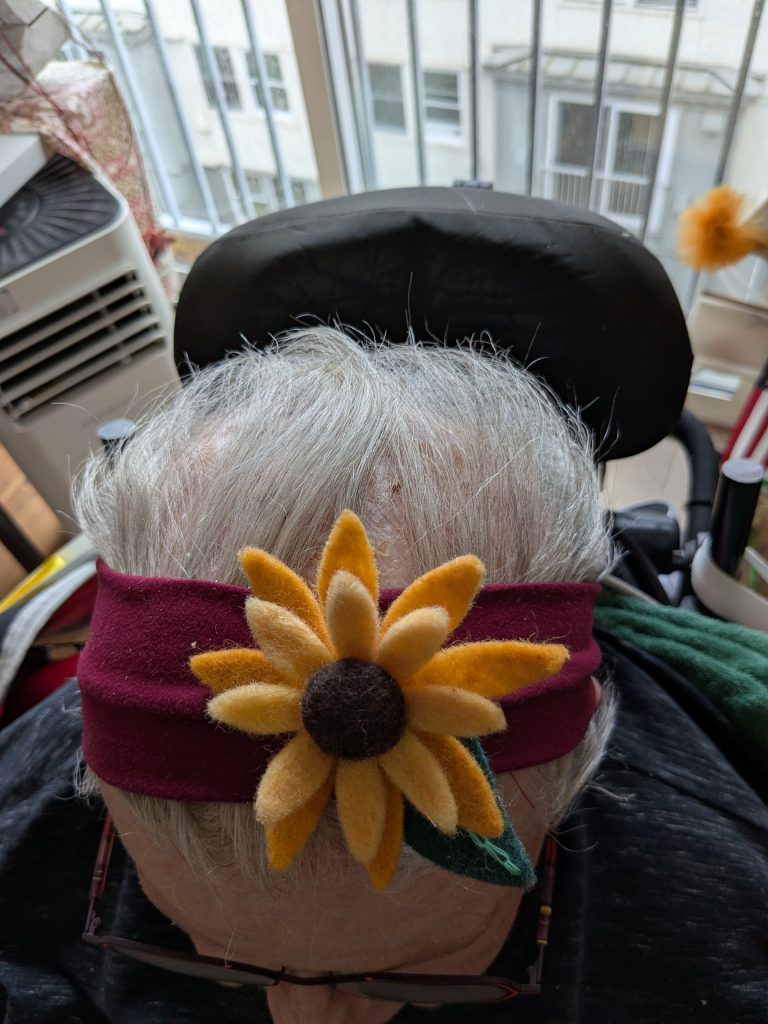
Comb-back flies in wind? Charlie ordered the headband. I found the flower.
PRIDE may be Adapters’ foe ; but PITH is their friend.
As I get older, I choose more carefully how I spend my lessening time and agility. My attention span isn’t shorter; I am just fussier about what to do with my time-eating awkwardnesses and my always growing list of things I want to do. Naps, wonky fingers, and a computer that exists to create glitches are the latest time eaters. What to do?
Embrace pith, the essence of things, the “There, there,” (of Gertrude Stein fame)
I stumbled onto the importance of pith while zooming with Kathy. We are a sample of two, both reading shorter works, about 125 pages for novels and memoirs, less for essays.
SOME PITHY EXAMPLES
I finished and loved Fredrick Sjoberg’s The Art of Flight, the first essay (130 p.) in a book of 3 essays.. It’s my current favorite search book, this one about the author’s efforts to find out about Swedish artist, Gunnar Widfross, who worked out west, especially in Yellowstone. I first read entomologist Sjoberg’s memoir, The Fly Trap, and had a good time learning about hoverflies. Yes, hoverflies. Who knew? I am a Sjoberg fan.
On Kathy’s mention, I read Glaciers by Alexis Smith (112 p.), but still am not sure what it’s about. She works in a basement, albeit in the public library, so that’s a plus right there. I was interested in how she chose the details she did to tell her story. It reminded me of Maira Kalman’s recent book, Still Life with Remorse, a picture book for adults, in which she used brief family stories to bring her still-life paintings to real-life. She found the “there there”. Her family is not my family, but I love the idea of the book. I have been a Maira Kalman fan since I read her earlier book, Principles of Uncertainty, a memoir-ish, filled with her pertinent observations and wonderful illustrations (or vice versa).
I’m currently reading and loving Patrick Bringley’s book, All the Beauty in the World, about his years as a guard at the Metropolitan Museum of Art in NYC. I love to appreciate the Met’s collections and inner workings with him, and like a lot that each chapter is a read-alone vignette, able to be picked up, then put down at will. A good read for early-retiree career-changers, too.
MORE PITHY EXAMPLES
Pith and poetry meet in Billy Collins’ collection, Magical Tables, a whole book of short poems. He is one of my favs. “Why?” you ask. Have a read.
HEADSTONES
If the dates show
the husband died
shortly after the wife –
first Gladys then Harry,
Betty followed by Tom –
the cause is often
gradual starvation
and not a broken heart.
And here is a gift of hope for all who love someone in college majoring in philosophy:
TEENAGER
Even a branch on an
evergreen
may take an unexpected
turn
Up, down, or sideways
and grow substantial
in some weird direction.
Think aphorisms (e.g. Vectors: Aphorisms and Ten Second Essays by John Richardson, which is good example of aphorisms, but not available on Kindle, and I think my Uncle John’s spontaneous aphorisms are better.),
essays (e.g. historian and 4th-generation Mainer Heather Cox Richardson’s daily “Letters from an American” in which she puts current goings-on in perspective. NYTimes notes that she is ‘astonishingly popular’, or Zeynep Tufekel’s occasional essays, about which NYTimes notes, “Never miss what [she] has to say.” With her background in technology and sociology and her intelligent curiosity, I read about information spread in what she writes.),
or haiku, maybe most of all, haiku, the pith extractor, the great summarizer (e.g. Thinking about ‘adapting’ leads to many ideas and long posts.).
Pithy Puzzle: Maybe this is a good place to remind you all that about 15 years ago, I added and noted that there was a mystery in each blog post with a picture. No one ever responded. Now a clue: Think pith and 17, and don’t get caught up in niceties of form. Do you see what I did — and still do?
Conversations are adapters’ social lifeline, a necessary ‘super-aging’ trait.
I haven’t forgotten the importance of conversations to super-agers, which we all are, but conversations are hard to capture. I found three poems that are conversations, but then I just had a lot to type. So I’m trying to recite them. My problem is that I put myself to sleep on about word three. I tried again, stayed awake, and blinked less, but still a ho-hummer. I need an audience. I looked knowingly at Charlie. He looks away and says I need to imagine an audience. I suggest he mute the football game and, as I read, go “mm-mm” on occasion. He didn’t say no. The Seahawks or Vikings play on Sunday. I’m ready. Coming Soon: Conversations / Poems by John Kenney, Wislawa Szymborska, and anyone else I find.
And (finally!) to conclude, DAY BRIGHTENERS:
“Cryptographic science could not solve Kryptos – but library science could,” argued “nerdy” journalist and puzzle-solver, Jarett Kobeck, about ”Kryptos”, the sculpture with a puzzle, outside CIA Headquarters in VA.
Let’s hear it for librarians!
And for friends!
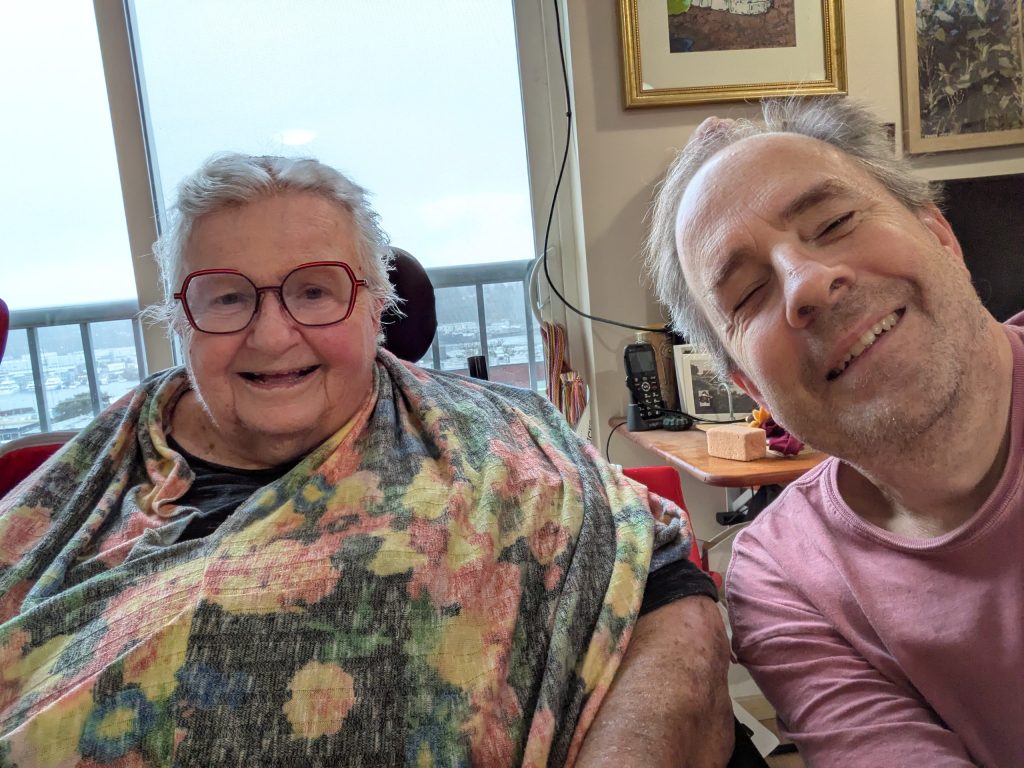
Winter may be drear, but never our thoughts of you. HAPPY THANKSGIVING!
